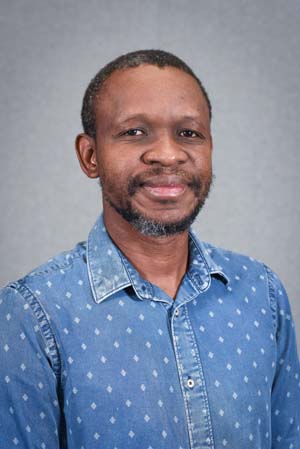Is a political heavyweight stepping back into the boxing ring? Helen Zille, the current Chairperson of the Federal Council of the Democratic Alliance (DA), former leader of the DA, former Mayor of Cape Town and Premier of the Western Cape, is considering running for Mayor of Johannesburg.
Zille is known as a formidable political pugilist, and the revelation that she is considering a run to take charge of South Africa’s largest city and its undisputed economic hub, has caused a stir of some magnitude.
According to Prof Kedibone Phago, director of the School for Government Studies at the North-West University (NWU), unleashing Zille could give the DA a strategic advantage in the run-up to the 2029 general election.
“The DA is beginning to realise that the ANC is rapidly losing support, yet it is not the DA that is necessarily gaining that support. This presents an interesting strategic challenge for the DA, particularly as it positions itself for the 2029 general election.
One potential strategy could involve bringing in a popular leader like Helen Zille to serve as mayor of Johannesburg. If she were to address citizens’ concerns, rebuild the city’s infrastructure, and restore functionality, Johannesburg could become a symbol of effective governance. By 2029, this could place the DA on par with - or even ahead of - the ANC in electoral outcomes. This may very well be part of a broader, long-term plan.
Another challenge the DA faces is the presence of smaller parties, such as ActionSA and BOSA, which complicates coalition dynamics. To strengthen its national appeal, the DA needs to show that it is not only focused on Cape Town, but also committed to delivering in other cities it governs. Bringing in Zille could be seen as a bold move to reinforce this commitment and to present the DA as a party fighting for a better-functioning South Africa.
If the DA succeeds in turning public frustration into tangible outcomes, particularly through improved service delivery and the provision of basic municipal services, it could significantly boost its national standing by 2029. The key lies in responding to the everyday frustrations of citizens, who are increasingly disillusioned with local governance.”

Prof Kedibone Phago
